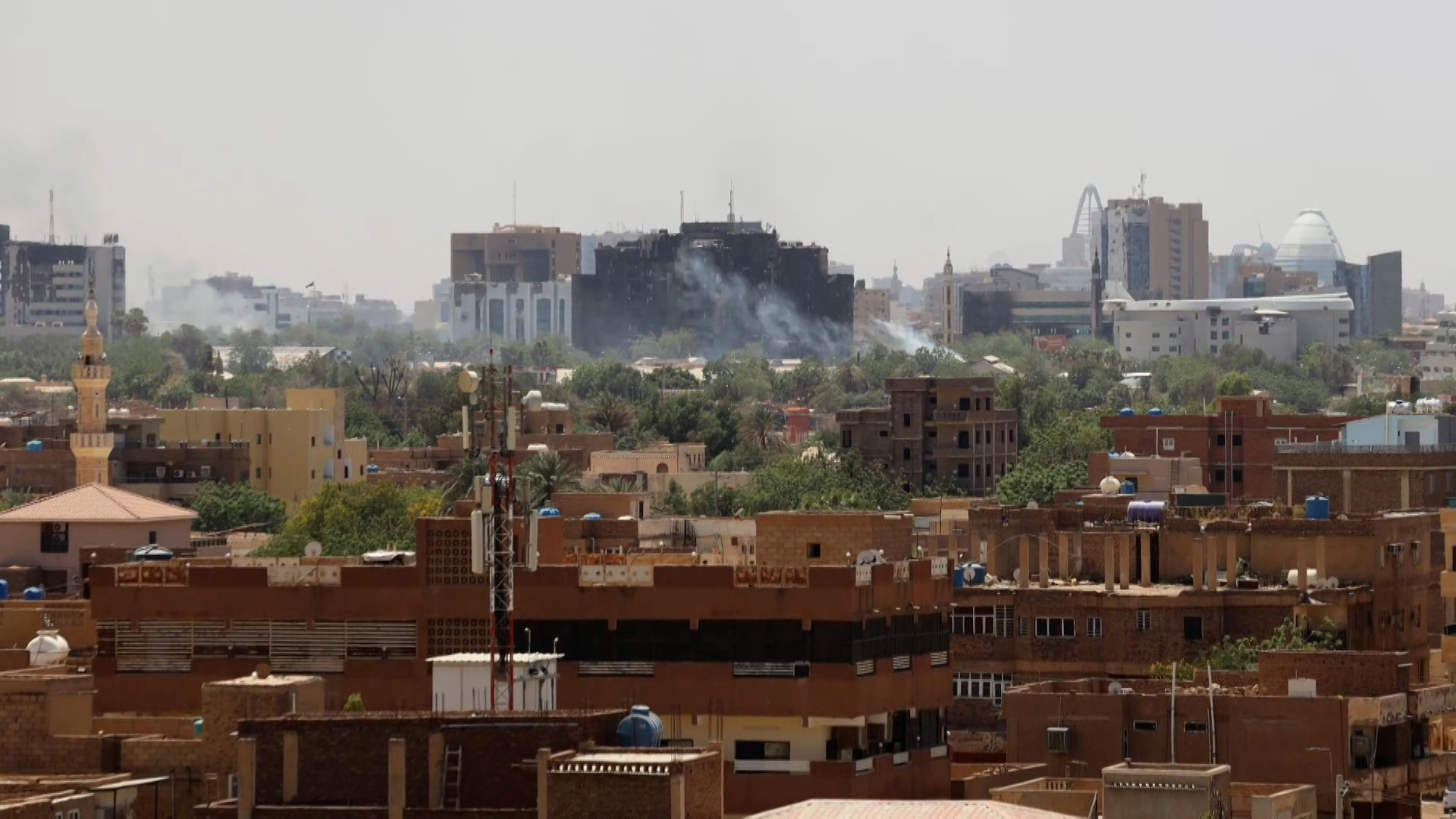Dr. Khalil Al-Anani, a professor of political science and international relations and a researcher at the Arab Center in Washington, said that the United States is counting on Israel to pressure both sides of the conflict in Sudan.
On Monday, US Secretary of State Antony Blinken announced the agreement of the Sudanese Armed Forces and the Rapid Support Forces to implement a nationwide ceasefire starting at midnight on April 24, and lasting for 72 hours.
Commenting on the US role in the Sudan crisis, Al-Anani said – in his interview with the episode (2023/4/25) of the program "Beyond the News" – that the United States of America proposed the truce in a humanitarian framework, which is a shift in its position, but it is early to talk about political initiatives because this matter requires conditions, including achieving regional and international consensus on such initiatives.
While stressing that Washington has no tools of influence in Sudan, the professor of political science and international relations explained that Washington is counting on Israel in order to pressure the parties to the conflict to stop the fighting, especially since Tel Aviv is infiltrated by the military elites in Sudan and has relations with both parties, army commander Abdel Fattah al-Burhan and Rapid Support Forces commander Mohamed Hamdan Daglo (Hemedti), and revealed talk that Israel provided Hemedti with spy devices.
He also stressed that Washington is also counting on other parties and has reached out to regional partners such as the UAE, Saudi Arabia and Egypt.
Al-Anani noted that Israel, whose Foreign Ministry announced an initiative to end the crisis in Sudan, is fishing in troubled waters as it always does, and is trying to exploit the current crisis in Sudan to serve its interests.
Mutual accusations
For his part, journalist and political analyst Azmi Abdel Razek said that Israel has relations with both sides of the conflict in Sudan, but wants to invest in its crises by arming armed groups at the moment, doubting its ability to play the role of mediator.
From Abdel Razek's point of view, Burhan was betting on Israel, thinking that it would open the door to relations with Washington, stressing that dialogue with the Americans began under former President Omar Hassan al-Bashir.
On the other hand, he questioned the possibility of holding the current truce and that its fate will be like its predecessors, blaming the Rapid Support Forces for its collapse, saying that these forces are scattered and unable to communicate with their leadership and have no choice but to surrender, and that the Sudanese Armed Forces destroyed their equipment and defeated it, according to political analyst Abdel Razek.
On the other hand, the writer and political analyst, Hafez Kabir, told the program "Beyond the News" that the current truce is different from its predecessors, because there is a real will among the parties that agreed to stop the war, and because Sudan has become in what he called a stage in which the hard tools failed and opened the doors of political initiatives and mediations, stressing that the Rapid Support Forces are committed to the truce and do not commit violations neither in Khartoum nor in other areas.
Regarding Israeli mediation, it is likely to take the two sides of the conflict to the negotiating table, but differences remain between Burhan and Hemedti on other points.

